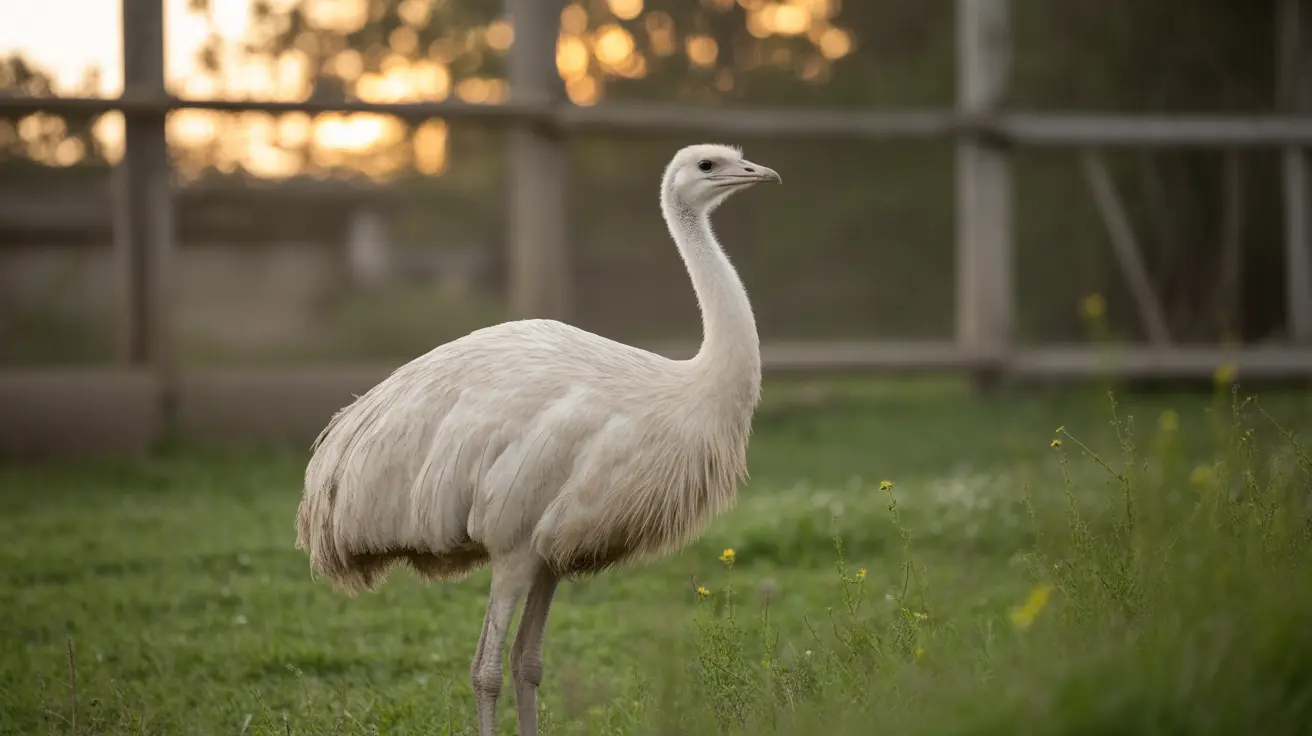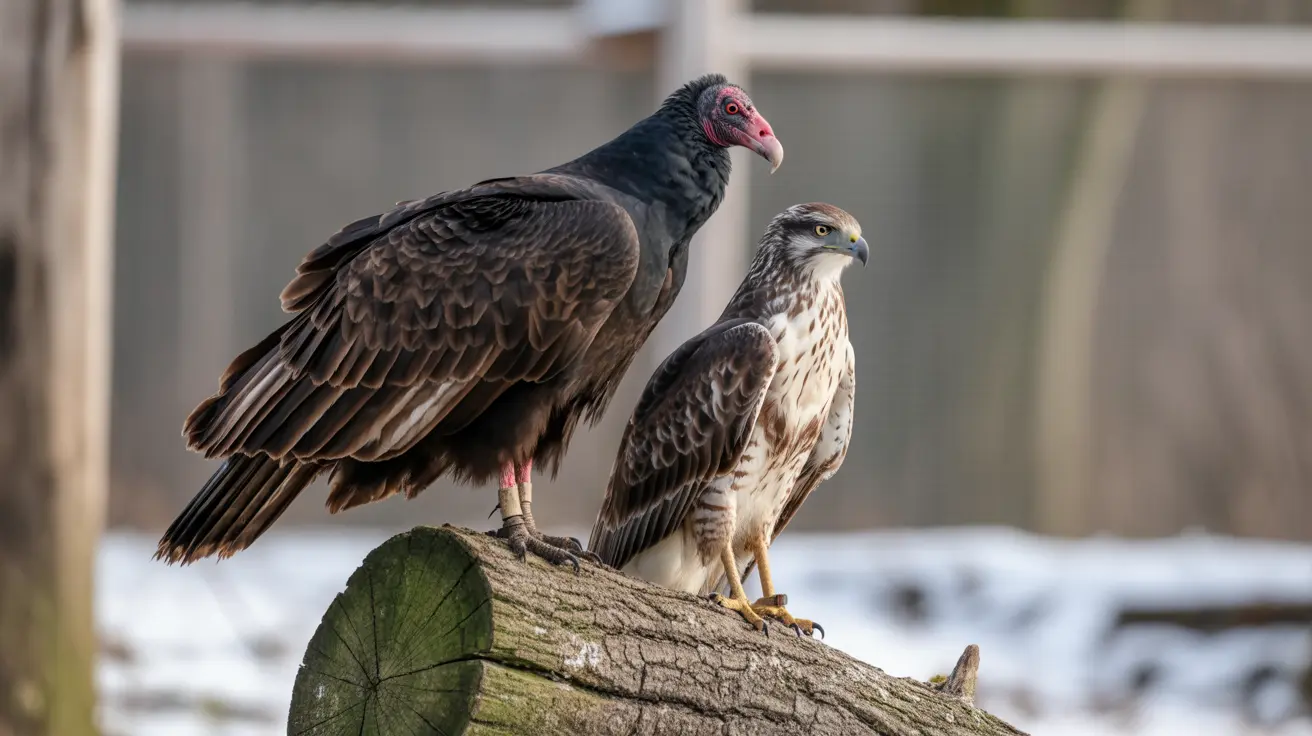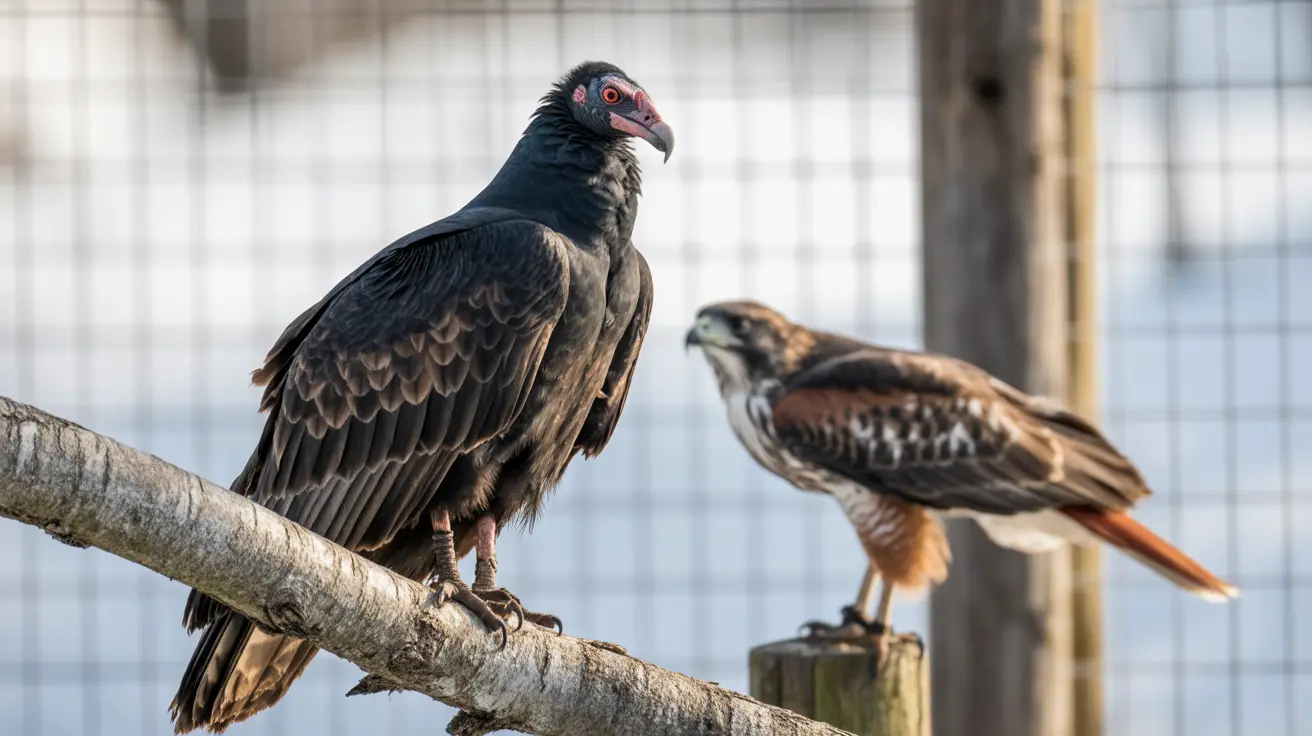Do Father Dogs Remember Their Puppies?
While the bond between mother dogs and their puppies is well documented, the relationship between father dogs and their offspring is less clear. Many pet owners and breeders wonder: do father dogs recognize and remember their puppies? In this article, we'll explore what science and canine behavior tell us about paternal recognition in dogs.
Instinct and Behavior in Canine Fathers
Most male dogs do not exhibit recognizable paternal behavior. Unlike females, who experience hormonal changes such as oxytocin release that fosters nurturing and bonding, males generally lack these biochemical triggers. As a result, father dogs do not instinctively care for, protect, or bond with their puppies in the same way females do.
What Does Science Say About Paternal Recognition?
Numerous studies indicate that while dogs have the capacity to recognize individual scents, this does not necessarily equate to recognizing family relationships. The strongest evidence of canine memory and recognition involves mothers and their puppies.
- Puppies can recognize their mother and siblings through scent as early as 4 to 5.5 weeks of age.
- This recognition may last up to two years after separation, especially if the pups spent significant time together early in life.
- Dogs rely primarily on their exceptional sense of smell to identify past associates, including family members.
However, similar recognition between father dogs and their offspring is rarely observed. A male dog might show interest in puppies, but there's no reliable evidence to suggest he can distinguish his own from others.
The Role of Scent in Canine Recognition
Dogs possess a powerful sense of smell—estimated to be tens of thousands of times more acute than that of humans. This enables them to recognize individuals by scent long after visual memory has faded. The presence of pheromones and hormonal markers in a dog’s scent makes each one unique.
However, this scent memory works best when:
- The dogs spent meaningful time together during early puppyhood (ideally 12–16 weeks).
- The scent profile remains relatively unchanged over time.
Given that father dogs often have limited or no access to their puppies after birth—especially in controlled breeding environments—they are unlikely to encode their scent in memory.
Can Dogs Differentiate Between Relatives?
Recognition of relatives varies:
- Mothers and puppies — strong likelihood of mutual recognition for up to two years post separation.
- Siblings — partial recognition possible if they were raised together or met regularly after separation.
- Father and pups — little evidence supports specific paternal recognition.
Unlike humans, dogs do not conceptualize family in the same emotional or social framework. A male dog might attempt to mate with his daughter or mother after separation—indicating an absence of social taboo and further suggesting a lack of familial recognition as understood by humans.
Signs a Dog Remembers a Familiar Dog
When dogs do recognize familiar individuals, they tend to show it through body language and behavior:
- Prolonged or intent sniffing
- Calmness or friendly demeanor
- Play bows or attempts to engage in play
- Relaxed postures and affectionate behavior
Such behaviors are more reliably observed among dogs who were close social companions early in life—whether family or not. This suggests that social bonding and time spent together, rather than biological relatedness, are the primary factors behind recognition.
The Impact of Human Intervention
In modern breeding and pet ownership, puppies are often separated from their litter and rehomed at just 6–8 weeks. This limits the opportunity for them to form or maintain lasting bonds with siblings or parents. Additionally, mother and father dogs are often kept in separate environments, further reducing the chance for any paternal imprinting to occur.
Domesticated dogs are distant descendants of wolves, who exhibit strong pack structures and family roles. However, selective breeding, early rehoming, and lack of natural pack living have diminished these instincts in domestic dogs—particularly in terms of paternal behavior.
Exceptions to the Rule?
While rare, it’s possible that some father dogs could recognize their offspring if they had significant early interaction. However, even in such cases, the behavior observed is likely more reflective of recognition of a former playmate or companion, rather than a paternal bond. Interest or friendliness should not be mistaken for fatherly affection.
Conclusion
In general, father dogs do not remember or differentiate their own puppies from other dogs. Recognition among dogs is largely driven by scent and depends heavily on early and sustained social contact. While dogs can form deep, lasting relationships with other canines, these are shaped by shared experience rather than familial identity.
Understanding the unique way dogs perceive and relate to others—through scent, behavior, and social interaction—can help pet owners better manage reunions and set realistic expectations about dog memory and recognition.





